


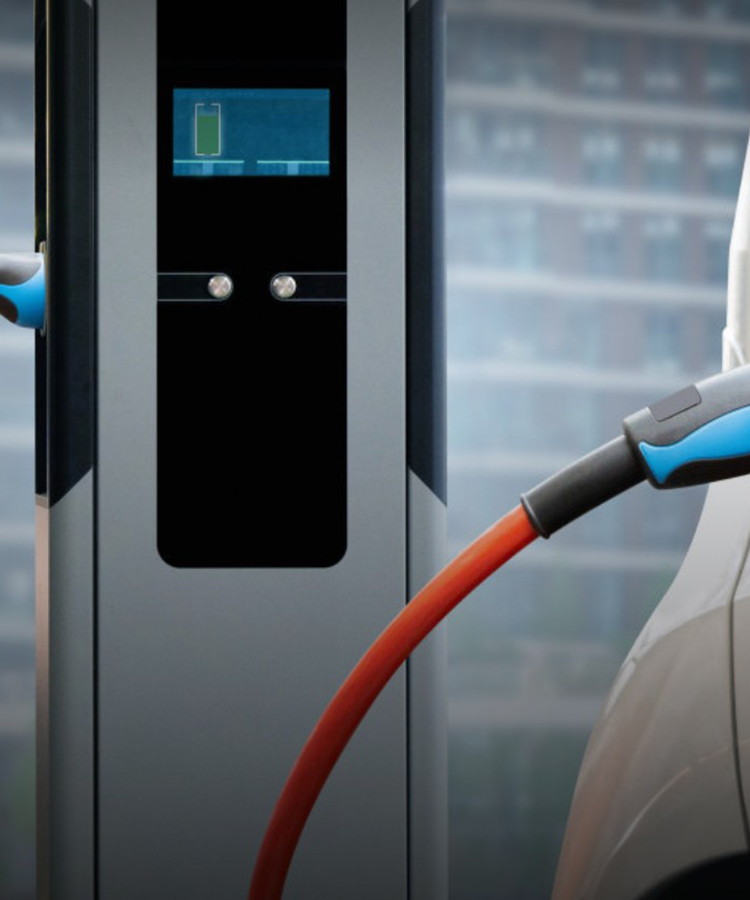
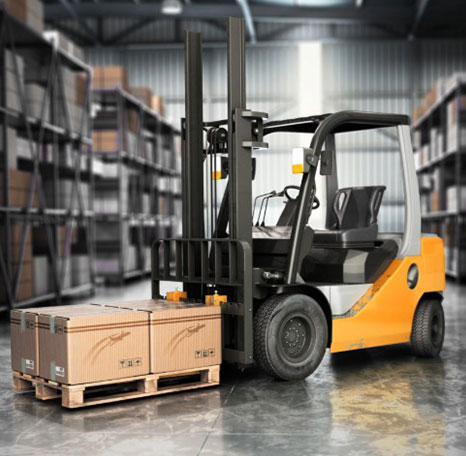
Forklift Manufacturing
The demand for chargers in the forklift manufacturing industry is to provide stable and efficient charging solutions to support the continuous operation of forklifts in warehouses and logistics centers. The charger should have fast charging capabilities while remaining easy to operate, allowing forklift drivers to quickly charge between jobs. In addition, the charging system should be designed to be modular to facilitate expansion and upgrades, as well as after-sales maintenance, etc., to adapt to the charging needs of forklifts of different sizes and types.

Rail
In the rail transit industry, charger solutions need to meet the high-frequency and high-power charging needs of trains. Solutions often include automated charging systems that enable rapid charging and minimize the impact of charging time on operations. In addition, the system needs to have high reliability and safety to adapt to the harsh operating environment of rail transit. Intelligent management systems can monitor charging status, predict maintenance needs, reduce downtime, and optimize energy usage efficiency.
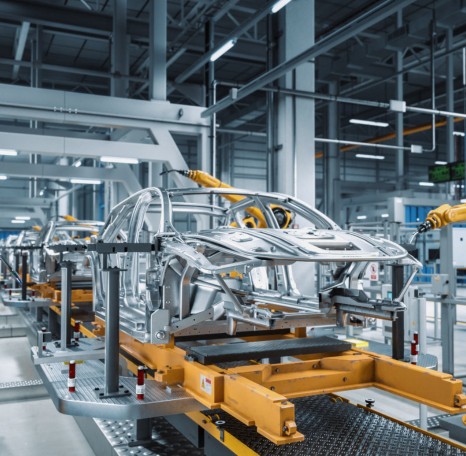
Industrial Manufacturing
The industrial manufacturing field requires high efficiency and high reliability for charger solutions to support the continuous operation of electric forklifts, AGVs and other equipment on the production line. The charging system should be able to integrate with the production scheduling system to achieve intelligent scheduling and optimized charging plans. In addition, the charger must have overload protection and fault self-diagnosis functions to ensure stable operation under high-intensity working conditions.

Logistics and Warehousing
The demand for chargers in the logistics and warehousing industry is to support the efficient operation of electric forklifts and other electric handling equipment. Charging solutions should provide flexible charging options, such as opportunity charging or overnight charging, to accommodate different operating modes. The charging system also needs to have remote monitoring capabilities to track charging status and perform fault diagnosis in real time to ensure continuous availability of equipment.

AGV/AMR
Automatic guided vehicles (AGV) and autonomous mobile robots (AMR) are becoming more and more popular in the logistics and manufacturing fields, requiring high compatibility and intelligence for charger solutions. The charging system should be able to automatically identify different models of AGV/AMR and provide corresponding charging strategies. In addition, the system should support automatic charging requests and scheduling to reduce manual intervention and improve overall operating efficien

Travel
In the tourism industry, charger solutions need to consider the convenience of tourists and the environmental protection requirements of scenic spots. For example, charging stations for electric sightseeing cars and electric sightseeing boats should be set up near visitor centers or attractions, easy to find and use, and beautiful enough to blend into the environment. The charger should have efficient charging capabilities, reduce waiting time for tourists, and use green energy to comply with the environmental protection standards of the scenic spot.
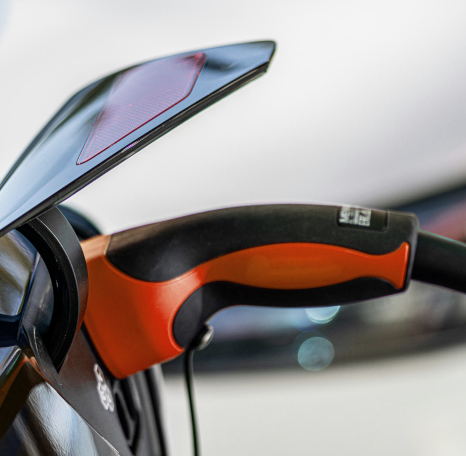
Electric Car
In the face of rapidly growing market demand, electric vehicle charger solutions need to provide a variety of charging options, including fast charging stations, slow charging piles, and home charging equipment. Charging stations should be well laid out, easily accessible to EV users, and provide convenient payment and user interfaces. In addition, the charging system should support smart grid technologies such as demand response and peak and valley electricity price management to optimize grid load and reduce charging costs.

Aviation Airport
Charger solutions for aviation airports need to meet the high power and fast charging needs of ground service equipment. Charging equipment should be designed to be compact and easily mobile to accommodate the charging needs of different areas within the airport. At the same time, the system should have high security to prevent accidents in the environment with high security requirements at the airport. Intelligent management systems can optimize charging plans, reduce energy waste, and ensure timely charging of devices.
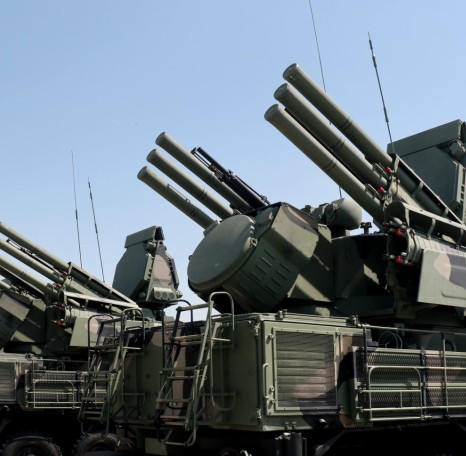
Army
The military has extremely high requirements for charger solutions, which require rapid deployment, high mobility and strong environmental adaptability. Charging equipment must be able to work stably in extreme climate and terrain conditions while ensuring high safety and anti-interference capabilities. In addition, charging solutions should support the charging needs of a variety of military vehicles and equipment, including electric and hybrid vehicles, as well as drones and other tactical equipment.